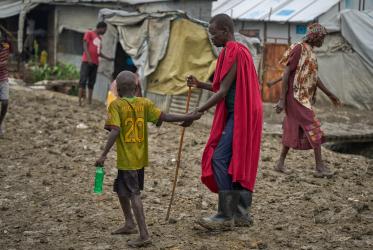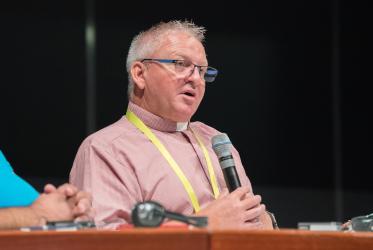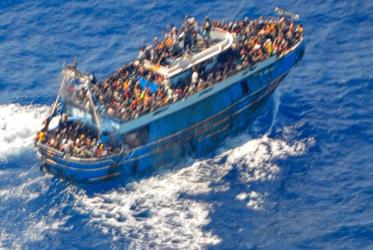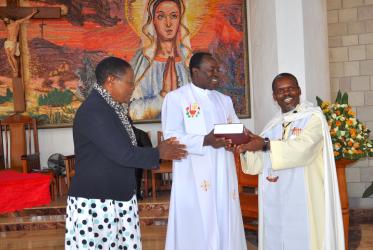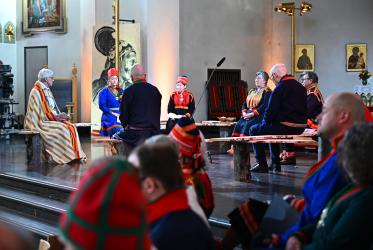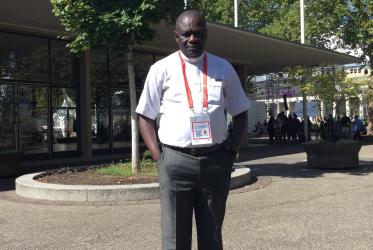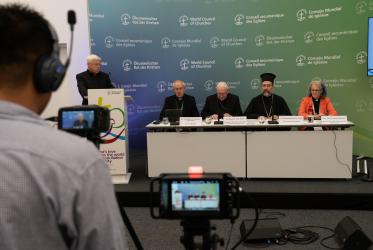Displaying 1 - 20 of 440
Churches in Africa agree on guidelines for disability inclusion
19 December 2023
Celebration of unity draws churches in Geneva together
24 January 2023
Church of Sweden apologizes to Sámi people, this time in Sápmi
27 October 2022
Christ’s Love (Re)moves Borders – GETI 2022 in images
13 September 2022
Promoting human dignity through art
06 September 2022
Indigenous women struggle for identity in Asia and beyond
05 September 2022
Women with disabilities want to belong in churches
31 August 2022


